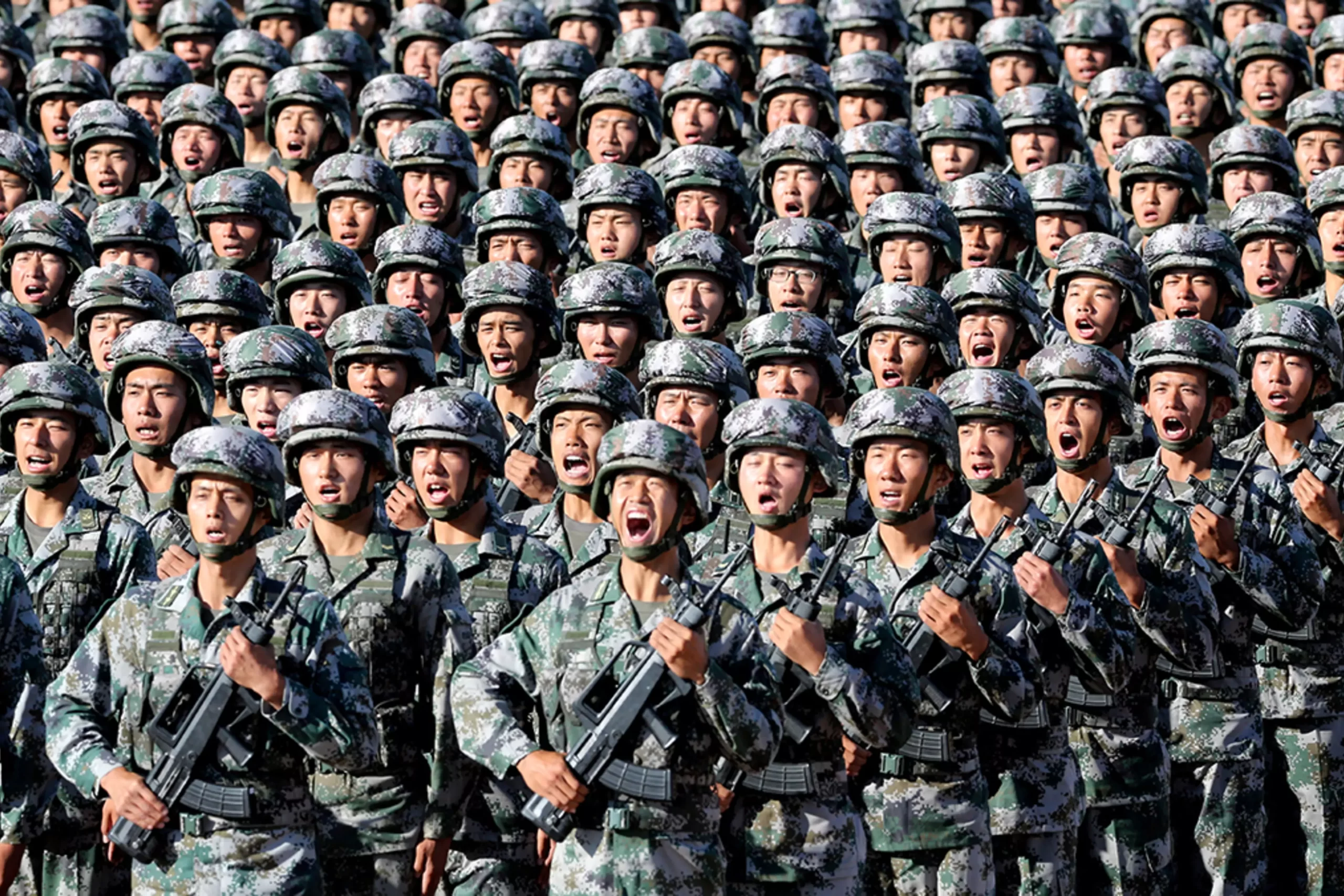Global disorder is growing rapidly even as domestic political support for the post-war order that America’s power underwrote is diminishing. The prospect of a direct war between two or more of the world’s great powers, something that has been avoided for 78 years and counting, seems more likely now than at any time since the end of the Cold War. The United States has a great deal of experience in fighting other great powers through proxy wars, whether during our own interventions (Korea, Vietnam) or our opposition to adversaries’ interventions (Afghanistan in the ’80s, Ukraine today). Our policy continues to be to deter direct major-power conflict. Resorts to violence — as seen most recently in the savage attack on Israel by Iran-backed Hamas, are increasing in frequency across Africa and Eurasia, and ultimately such deterrence could fail. Americans would benefit from thinking about what a direct clash with China or Russia would look like and what it would demand of us as a nation.
Would such a war be civilization-devouring like the world wars of the last century? Would nuclear weapons again be employed? Or would the conflict be limited in geography and means, as in the proxy clashes since 1945? If we seek to limit any direct conflict, which seems wise, would this desire provide an advantage to our adversary?
Read more at Nationalreview.com




